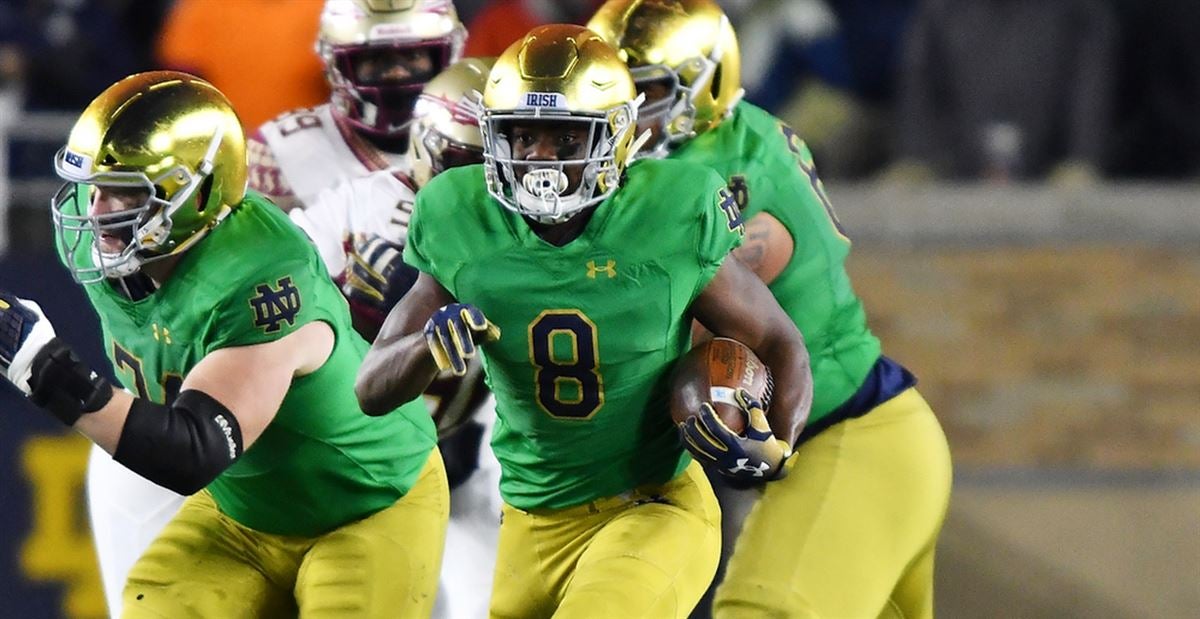BAMANEWSBOT
Staff

On the outside looking in, Notre Dame's 2019 slate appears manageable, free of additional potential landmines outside of road trips to Georgia and Michigan.
Closer inspection however reveals something quite sinister that the schedule gods have placed in front of the Irish — the sheer number of luxurious open weeks for opponents.
You're not going to find Notre Dame's 12-game arrangement ranked among the nation's toughest, but there's not a single Power 5 team nationally that will be forced to battle nearly 60 percent of the schedule against teams with extra time to prepare.
And for the opponents who aren't playing the Irish with additional days to iron out possible kinks, soft games coming in will be beneficial to their cause. First pointed out be Vegas-based analyst Brad Powers, Notre Dame will — quite literally — get every team's best shot this season judging by their opponents' previous week's game or lack thereof:
Notre Dame 2019 schedule glance
- Louisville (opener)
- New Mexico (coming off bye)
- Georgia (Arkansas State)
- Virginia (Old Dominion)
- Bowling Green (coming off bye)
- USC (coming off bye)
- Michigan (at Penn State)
- Virginia Tech (coming off bye)
- Duke (coming off bye)
- Navy (coming off bye)
- Boston College (coming off bye)
- Stanford (California)
Moreover, seven of the Irish's 12 opponents will be coming off a bye week, an alarming number that, to put it bluntly, doesn't seem fair. By comparison, Alabama plays three teams — Texas A&M, LSU and Mississippi State — that will be coming off open weeks next season while defending national champion Clemson battles two opponents with extra time to prepare (Florida State and South Carolina).
How advantageous are byes the following weekend? Notre Dame is 10-1 coming off its bye week during Brian Kelly's tenure, including last season's dominant victory over Navy. The Irish will have two open dates this season, one coming in Week 2 ahead of the home opener vs. New Mexico and another sandwiched between tilts vs. USC and Michigan.
That midseason open week before traveling to Ann Arbor will be critical for Kelly's team, who will know exactly what they have to do in terms of getting back to the College Football Playoff having already battled Georgia between the hedges.
Likely ranked somewhere inside the Top 10 to start the season, the Irish open spring practice on Friday with sizable expectations coming off an impressive campaign. They welcome back noteworthy quarterback Ian Book, several senior pass rushers and the play-making trio of Tony Jones Jr., Jafar Armstrong and Avery Davis.


